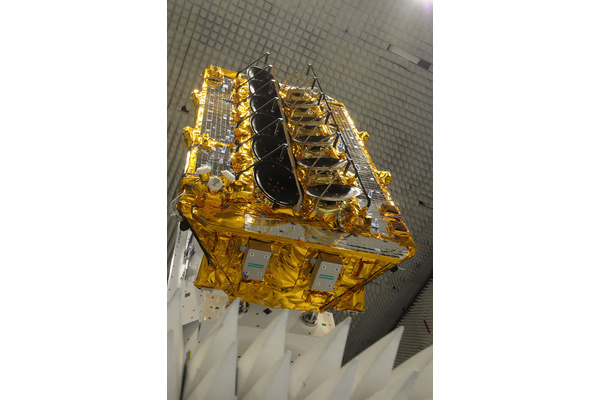
Previously, Google had raised more than a few eyebrows a year ago when it announced Project Loon to deliver Internet access in unconnected areas and disaster zones using balloons high up in the atmosphere. Since then, it also bought Titan Aerospace, a company that is building drones that are solar-powered and can provide Internet access from above too.
Google is now preparing to jump above the atmosphere for its cause of delivering Internet access globally. According to a report by the Wall Street Journal, Google is preparing to launch 180 mini satellites that will orbit the Earth at relatively low altitude and will possibly launch more later.
The report cited sources familiar with the project in setting an expected cost of around $1 billion, though other sources hinted it could swell to $3 billion as the project progresses.
Greg Wyler, founder of O3b Networks, has been identified as the head of the project. O3b Networks has been invested in by Google, and it produces 1500lb satellites. Google's sats though, will reportedly weigh in at 250lb a piece.
The report stated that the satellite project is not likely to replace Google's work with drones and balloons, but instead will just be another part of Google's overall strategy to extend Internet access to the two-thirds of people who don't have it, and to provide it to areas devastated by natural disasters.
Sources and Recommended Reading:
Google Invests in Satellites to Spread Internet Access: online.wsj.com (subscription)
Google reportedly launching 180 satellites for global internet service: www.theverge.com
Google wants to beam Internet from balloons: www.afterdawn.com (June 16, 2013)
Picture Source of 03b Networks first satellite: www.o3bnetworks.com
Written by: James Delahunty @ 2 Jun 2014 8:12

